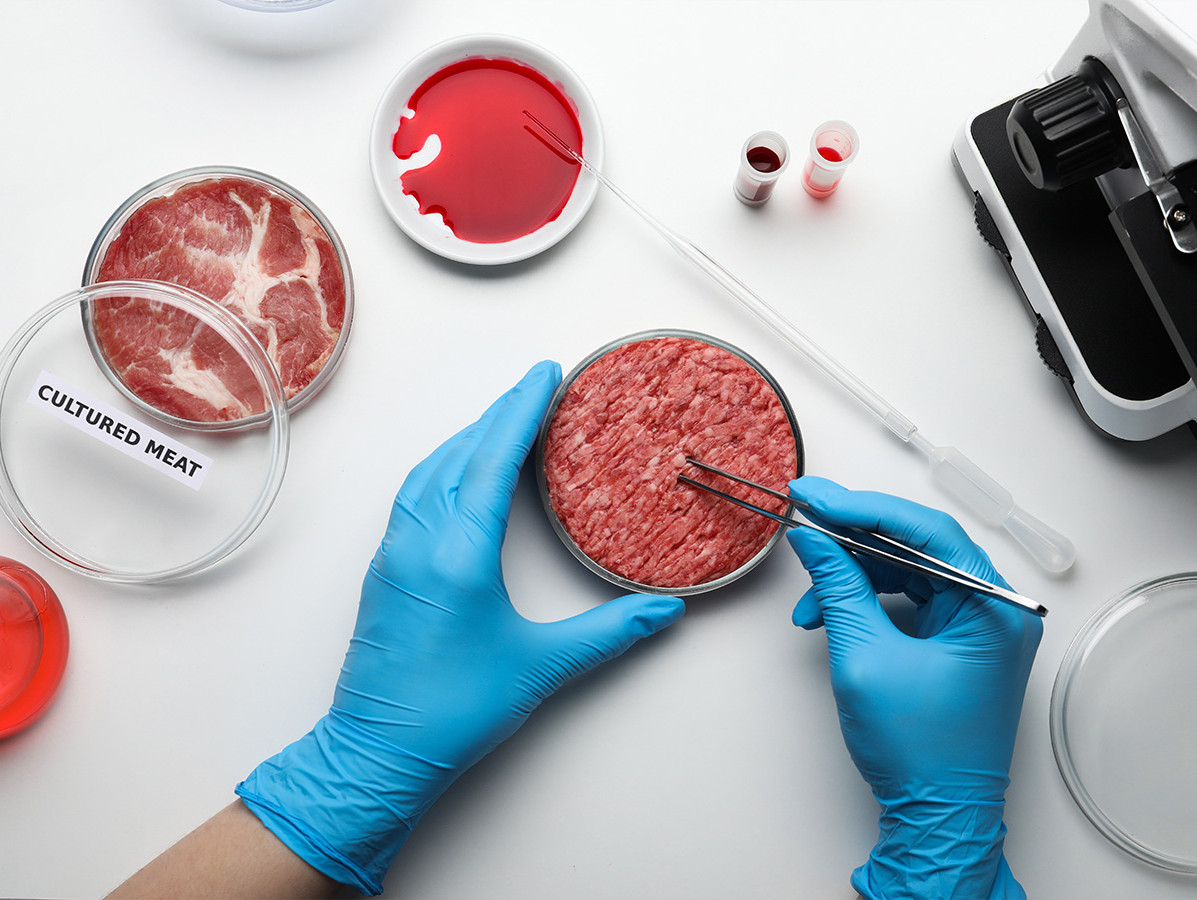
The European Food Safety Authority (EFSA) is committed to ensuring the incorporation of the latest scientific advancements and risk assessment developments in establishing safety standards for the evaluation of new food technologies, including cell culture, tissue engineering, and precision fermentation.
In an effort to engage with producers and the wider society, EFSA has conducted consultations with experts to shed light on the scientific complexities, as well as the social and economic considerations surrounding these innovative technologies.
According to Ramiro Alberio, Professor of Developmental Biology at the University of Nottingham, UK, cell and tissue engineering allows for the cultivation of cells and tissues independently from an entire organism. This technology has already found successful applications in the medical field for tissue regeneration and cell replacement. Prof. Alberio believes that the advancements in these technologies present potential opportunities for the agri-food sector. Precision fermentation, on the other hand, employs microorganisms to produce specific products such as proteins, vitamins, or fiber. Prof. Alberio emphasized that precision fermentation has already been employed for years in the production of medicines and food enzymes, with continuous scientific advancements expanding the range of potential food applications.
EFSA, responsible for evaluating the safety of novel foods in the European Union (EU), including those derived from new technologies, has assessed several novel food ingredients produced through precision fermentation. While EFSA has not yet evaluated food derived from cultured animal cells, it anticipates receiving such applications in the coming months and years.
Wolfgang Gelbmann, Senior Scientific Officer at EFSA, stated that the guidance and applicable cross-cutting documents prepared by EFSA's experts are designed to evaluate novel foods, and they remain confident that these guidelines are suitable for assessing cell culture-derived foods. Gelbmann further emphasized that EFSA regularly reviews these guidelines to keep pace with scientific advancements. The decision regarding the market readiness of cell culture-derived food lies with the European Commission and EU Member States, who assess market authorizations and labeling requirements. EFSA provides scientific input on the safety of such products for European consumers.
Consumer perceptions and acceptance of new technologies, including cell culture-derived foods, were examined by Prof. Michael Siegrist from ETH Zurich. He noted that the perceived naturalness of food and food technologies significantly influences consumer acceptance. Consumers tend to associate naturalness with safety and are often hesitant to adopt products perceived as unnatural. Communication about the social and economic benefits of these new foods also plays a vital role in consumer acceptance. Prof. Siegrist highlighted the need to educate consumers about the environmental impact of traditional meat production, as awareness of this aspect could potentially increase willingness to explore alternatives.
Ultimately, consumers' choices will shape the market landscape. Prof. Siegrist believes that affordability and taste remain the primary factors driving consumer decisions. The success of novel foods, including cell culture-derived meat, will depend on their ability to rival traditional alternatives in terms of taste and cost-effectiveness.
Source: EFSA